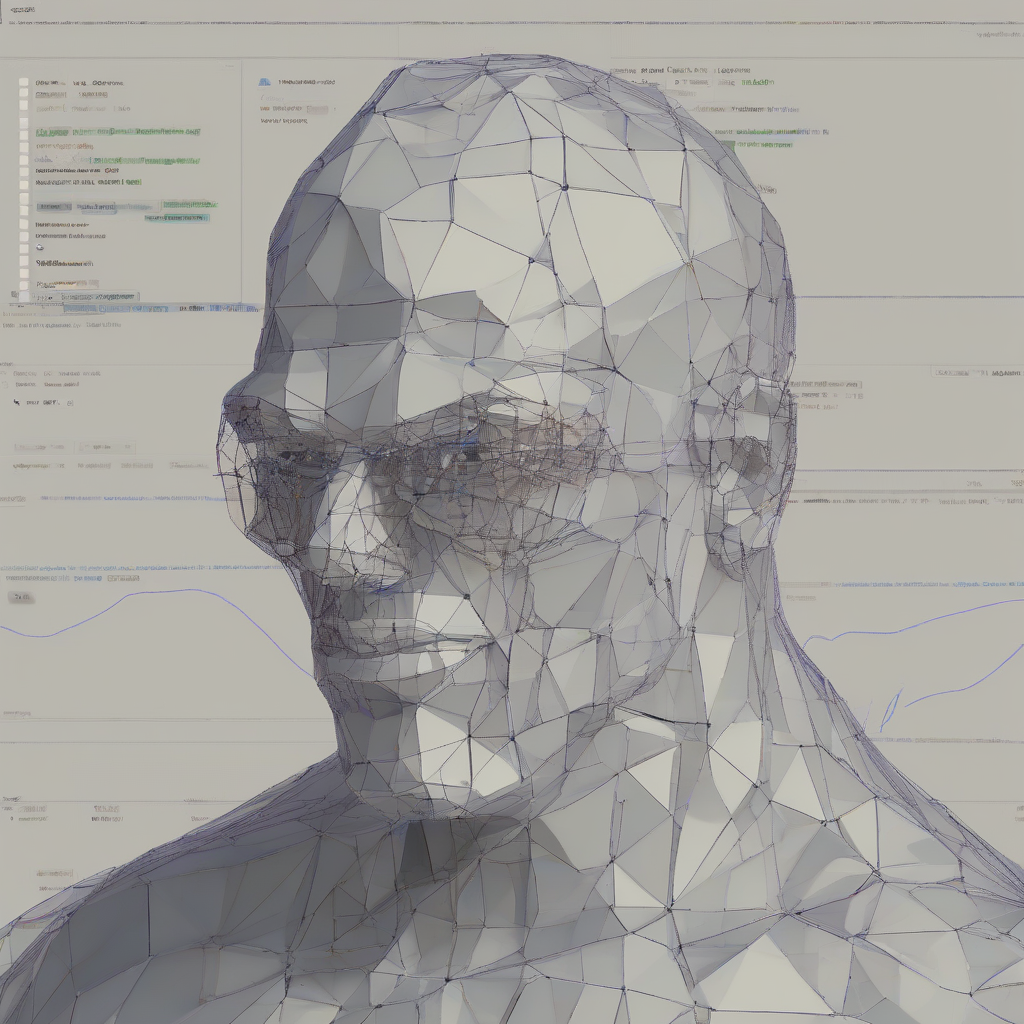Unlocking Potential: A Comprehensive Guide to the MSc Degree
The Master of Science (MSc) degree represents a significant step in the academic journey, offering specialized knowledge and advanced skills in a chosen field. This comprehensive guide delves into the intricacies of the MSc, exploring its various aspects to provide a holistic understanding for prospective and current students.
What is an MSc Degree?
An MSc degree, or Master of Science, is a postgraduate academic degree awarded upon completion of a rigorous program of study. It builds upon a foundation of undergraduate education, offering students a deeper dive into a specific subject area. Unlike undergraduate studies, which often provide a broader overview, an MSc focuses on specialized knowledge, advanced research methodologies, and practical application of learned skills. The duration of an MSc program typically ranges from one to two years, depending on the institution and the chosen specialization.
Types of MSc Degrees
The landscape of MSc degrees is remarkably diverse, catering to a wide spectrum of academic disciplines. The specific type of MSc program will heavily influence its content, duration, and career prospects. Here are some common examples:
- MSc in Science (General): This broad category encompasses programs that provide a strong foundation in scientific principles and methodologies, suitable for students interested in pursuing research or roles requiring scientific literacy.
- MSc in Engineering: This category covers a vast range of engineering disciplines, including mechanical, electrical, chemical, civil, and software engineering. These programs focus on advanced engineering principles, design, and implementation.
- MSc in Computer Science: A popular choice, MSc programs in computer science focus on theoretical foundations and practical application in diverse areas such as artificial intelligence, data science, cybersecurity, and software engineering.
- MSc in Business Administration (MBA): While technically a Master of Business Administration, it often falls under the broader umbrella of MSc degrees, particularly in business schools. These programs focus on management, leadership, and strategic decision-making.
- MSc in Data Science: This rapidly growing field offers specialized training in data analysis, statistical modeling, machine learning, and data visualization. These skills are highly sought after in various industries.
- MSc in Health Sciences: This broad category encompasses many specialized areas within healthcare, such as public health, epidemiology, biomedical sciences, and nursing.
- MSc in Finance: These programs offer specialized knowledge in investment management, financial modeling, risk assessment, and other critical areas of finance.
Choosing the Right MSc Program
Selecting the appropriate MSc program is a critical decision that necessitates careful consideration of several factors. A well-informed choice can significantly impact career prospects and overall satisfaction. Key factors to consider include:
- Academic Interests and Career Goals: Aligning the MSc program with personal interests and career aspirations is paramount. Researching specific career paths and the skills required will help narrow down suitable programs.
- Curriculum and Course Content: Carefully reviewing the curriculum and course content is essential to ensure it aligns with individual goals and learning preferences. Look for programs that offer a balance of theoretical knowledge and practical application.
- Faculty Expertise and Research Opportunities: Investigating the faculty’s expertise and research interests is crucial, especially for students interested in pursuing research-oriented careers. Look for programs with renowned faculty and active research groups.
- University Reputation and Accreditation: Choosing a reputable university with accredited programs ensures the quality of education and the recognition of the degree in the job market.
- Location and Learning Environment: Consider factors such as location, campus culture, and learning resources when selecting a program. A conducive learning environment can significantly impact academic success.
- Funding and Financial Aid: Exploring funding opportunities, scholarships, and financial aid options is crucial for managing the costs associated with postgraduate education.
The Application Process
Applying for an MSc program typically involves several steps. While specific requirements vary between institutions, the general process often includes:
- Meeting Admission Requirements: Applicants must meet specific academic requirements, such as a relevant bachelor’s degree with a minimum GPA. Some programs may also require specific coursework or entrance examinations.
- Submitting Application Materials: Applicants typically need to submit an online application, transcripts, letters of recommendation, a statement of purpose outlining their academic and career goals, and potentially a writing sample or portfolio.
- Interview (Optional): Some programs may invite selected applicants for an interview to assess their suitability for the program.
- Acceptance and Enrollment: Upon acceptance, applicants will receive an offer of admission and will need to complete the enrollment process to secure their place in the program.
The Curriculum and Coursework
The curriculum of an MSc program varies considerably depending on the specific specialization. However, common elements often include:
- Core Courses: These provide a foundational understanding of the core concepts and principles within the chosen field.
- Specialized Courses: These delve deeper into specific areas of interest within the chosen field, allowing for specialization and advanced knowledge.
- Research Methods Courses: These equip students with the necessary skills for conducting research, including data analysis, statistical methods, and research design.
- Dissertation or Thesis: Many MSc programs culminate in a significant research project, often a dissertation or thesis, that demonstrates the student’s ability to conduct independent research and contribute original knowledge to the field.
- Practical Training or Internship (Optional): Some programs may include practical training components, such as internships or laboratory work, to provide hands-on experience and enhance professional skills.
Career Prospects and Job Opportunities
An MSc degree can significantly enhance career prospects and open doors to a wide range of job opportunities. The specific career paths available will depend largely on the chosen specialization. However, many MSc graduates find employment in roles requiring advanced knowledge, analytical skills, and problem-solving abilities.
- Research and Development: Many MSc graduates pursue careers in research and development, contributing to scientific advancements and technological innovation.
- Industry Roles: A wide range of industries employ MSc graduates, including technology, finance, healthcare, engineering, and consulting.
- Academia: MSc graduates may choose to pursue further education and a career in academia, conducting research and teaching at universities and colleges.
- Government and Public Sector: Government agencies and public sector organizations often employ MSc graduates with specialized knowledge in areas such as public health, environmental science, and policy analysis.
- Entrepreneurship: Some MSc graduates leverage their acquired skills and knowledge to start their own businesses and ventures.
Further Education and PhD Programs
For students interested in pursuing a research-oriented career or contributing significantly to their field, a PhD program can be a logical next step after completing an MSc. An MSc provides a strong foundation for doctoral studies, equipping students with the necessary research skills and knowledge to undertake advanced research projects.
Conclusion (Not included as per instructions)




